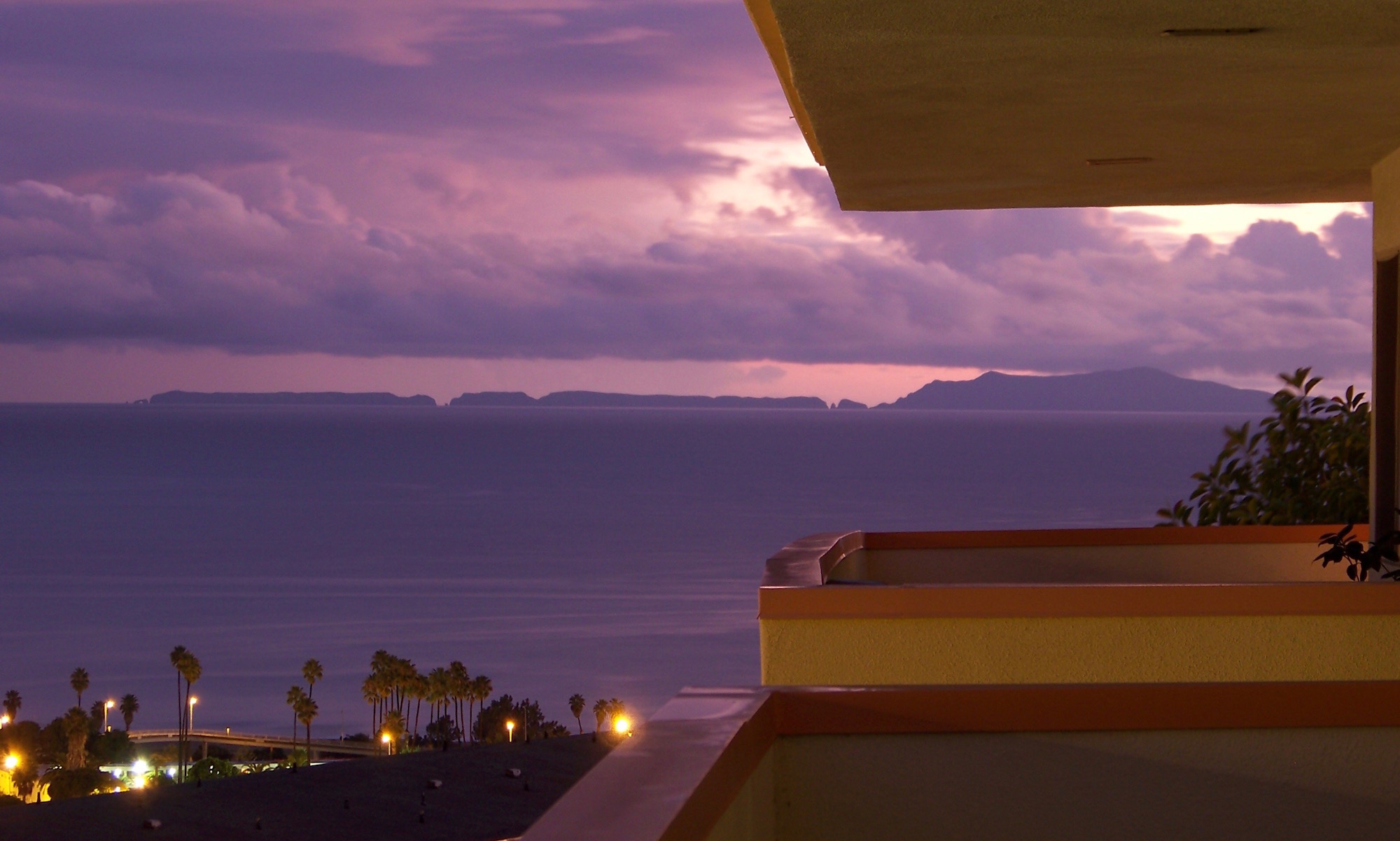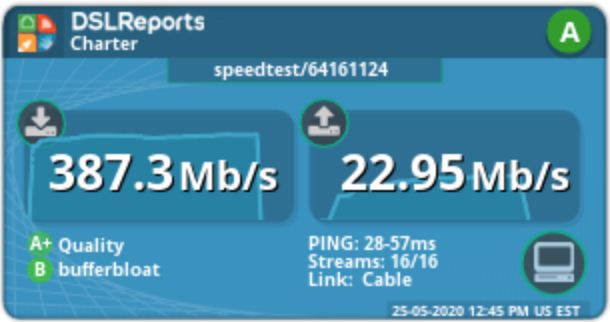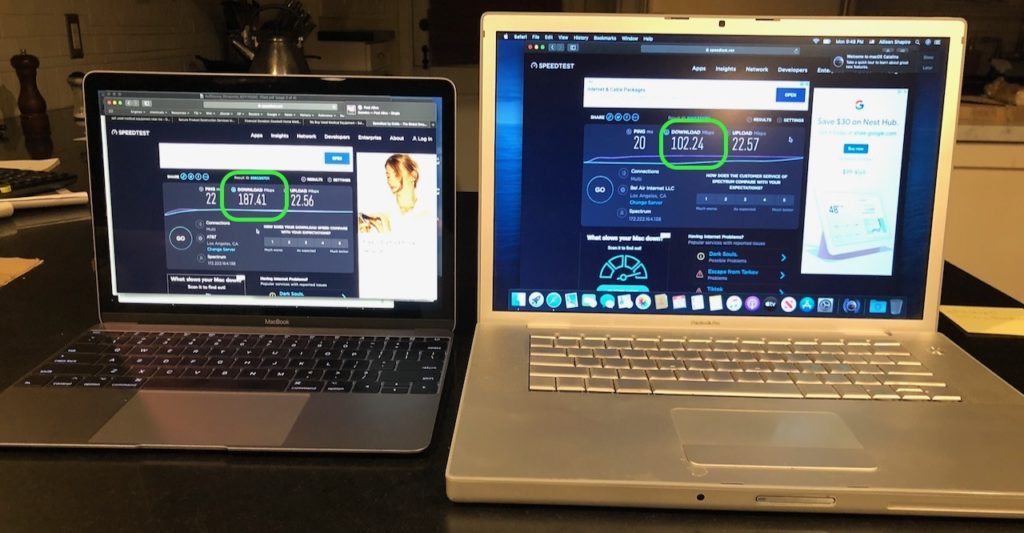Cut Back on Emails If You Want to Fight Global Warming
Searching the mountain of emails accumulated in your Gmail—or another email—box does not consume much energy, but if hundreds of millions of people are doing so billions of times daily, then the all of that energy adds up to a measurable sum that happens to be gargantuan, as the Bloomberg News article linked above demonstrates.
This is another hallmark of our age of excess. In the era of 9600 baud modems and text-based internet, the average user needed to exercise much consideration in replying because he or she needed to make all compositions thoughtful, relevant and brief in order to justify the time and cost it takes to transmit the message. One actually expected a response in those days, too, so you wanted to make the email considerate enough to elicit a response.
In the era of broadband, the graphical internet has inundated users with an unbounded deluge of emails that cannot be managed by any human. Consequently, large corporations have devised brilliant algorithms to help us manage the deluge of unwanted emails. We marvel and consume the convenience without every asking ourselves if it’s worth resorting to these brilliant algorithms in order to organize shit we never care to read. To make matters worse, wading through all this shit to get to the few emails that are worth reading is now consuming so much energy. We have managed excess very, very poorly.
It’s time to take the pledge, then, to use the “unsubscribe” button at the bottom of unwanted emails. If you want your mailbox to be relevant again, unsubscribe from all email lists, stop subscribing to new email lists–especially the commercial ones like Banana Republic, who sends out 10 emails a day–and start using an email client on your computer. Stop using the web interface to email services. This way you preserve your sanity and the earth. You turn the vicious cycle (get more mail, get lost in your mailbox, use sorting algorithms, get more mail) cycle into a virtuous one (get less mail, read and reply to relevant emails, unsubscribe from irrelevant emails, get less mail). You stop wasting the grid’s energy and your own.
Like this:
Like Loading...


